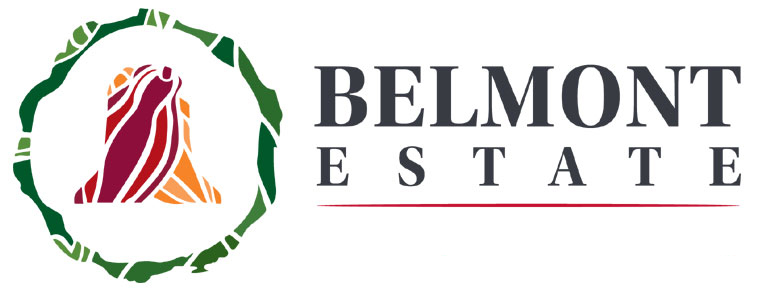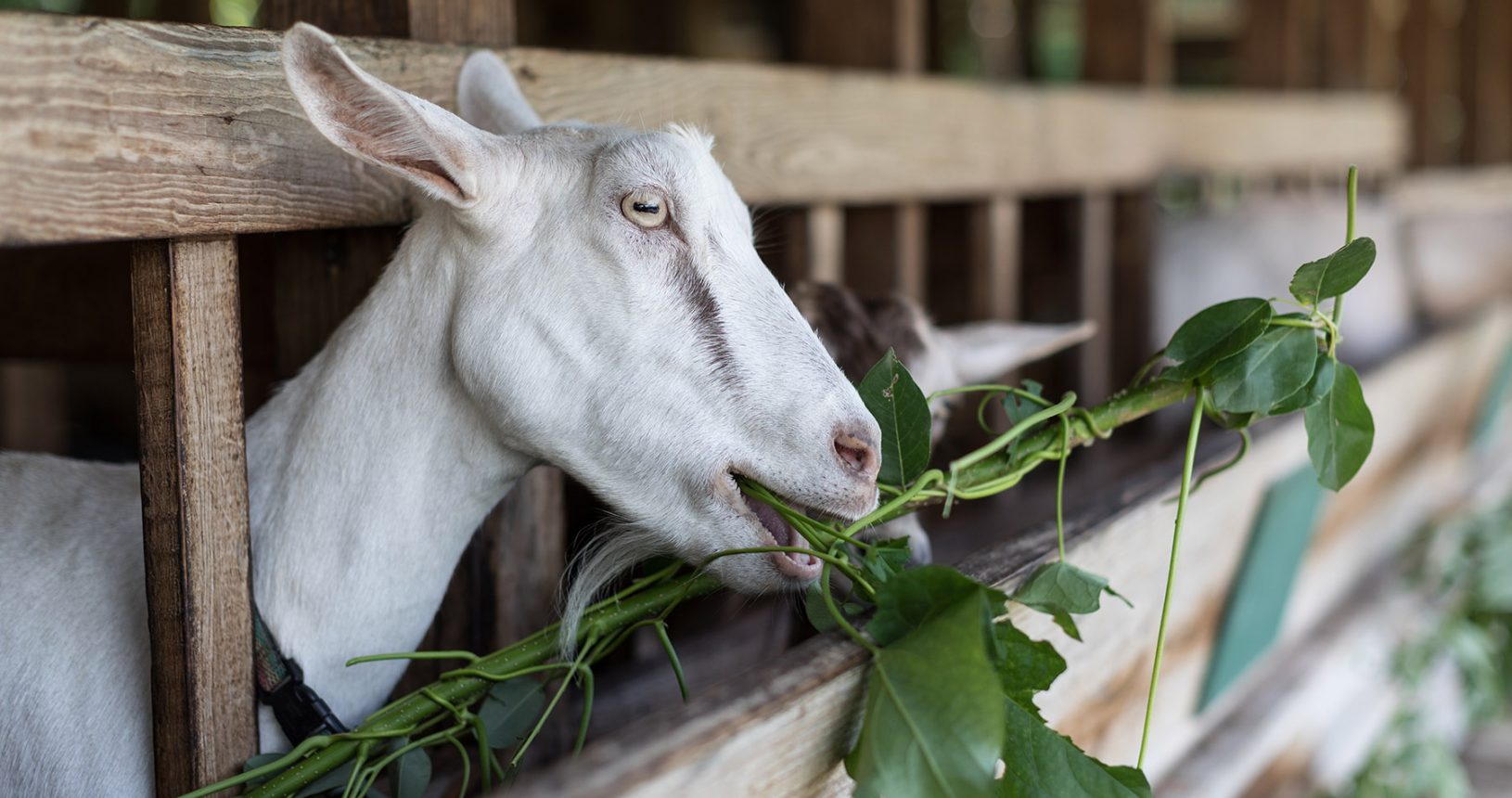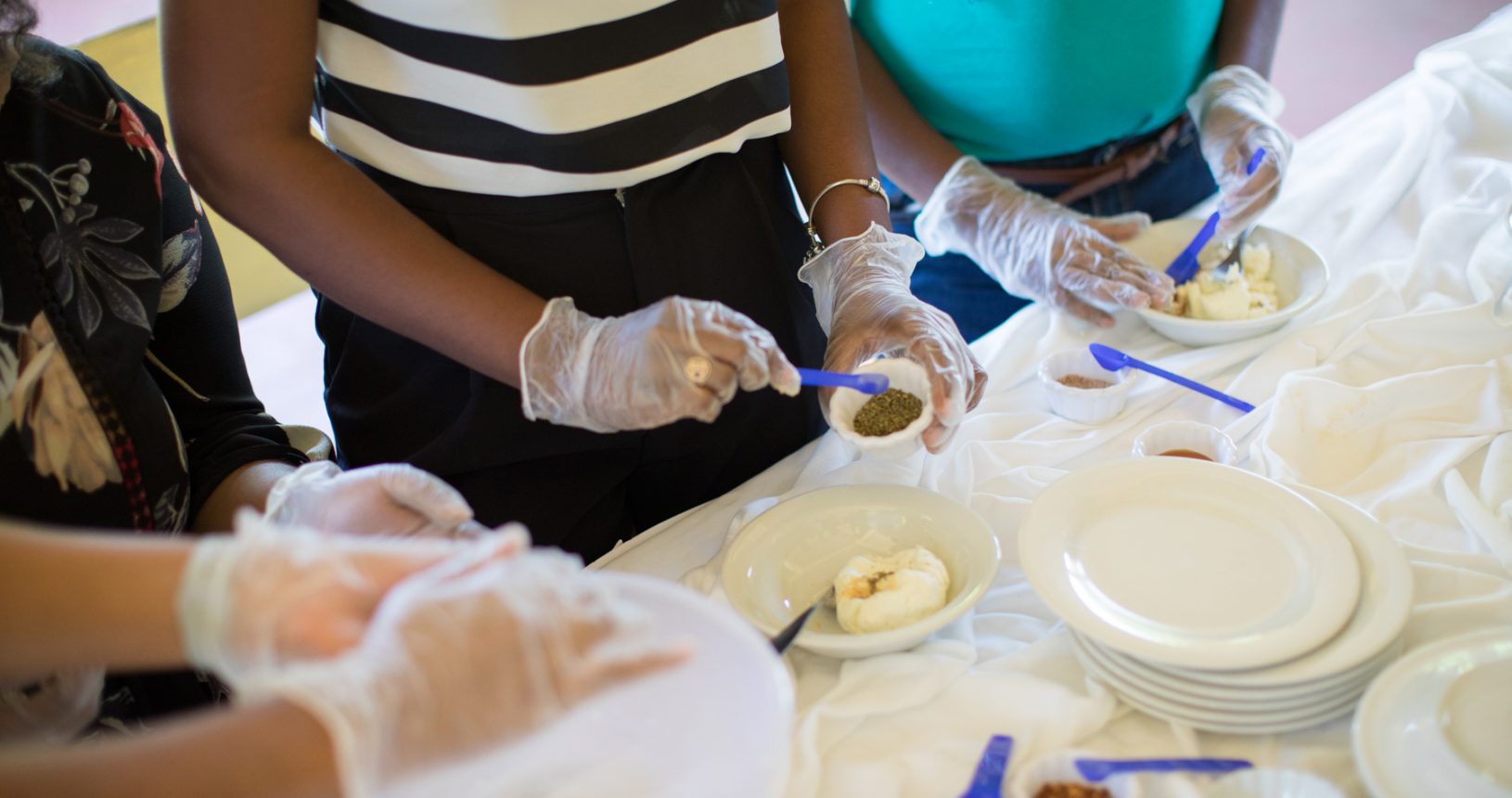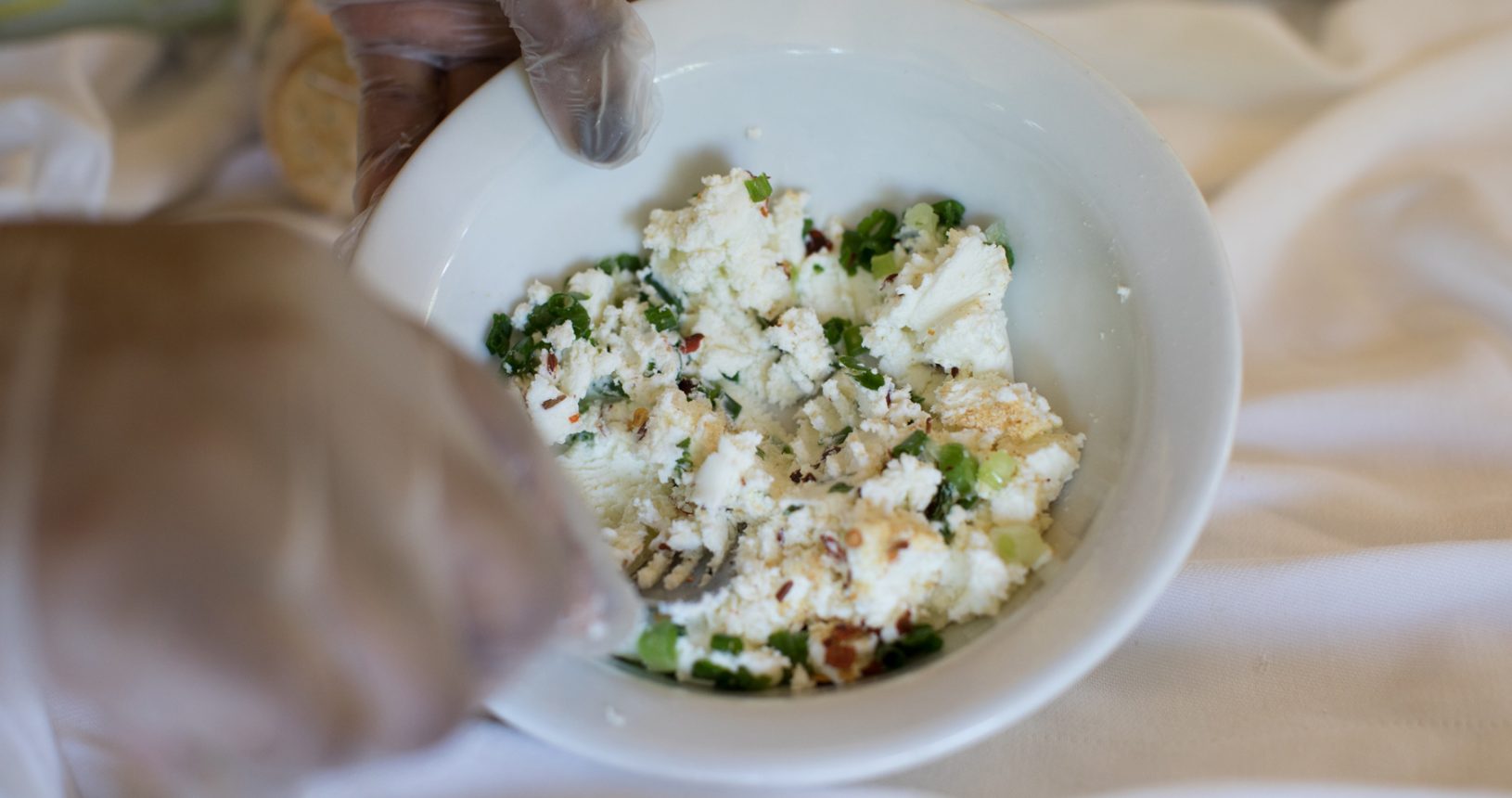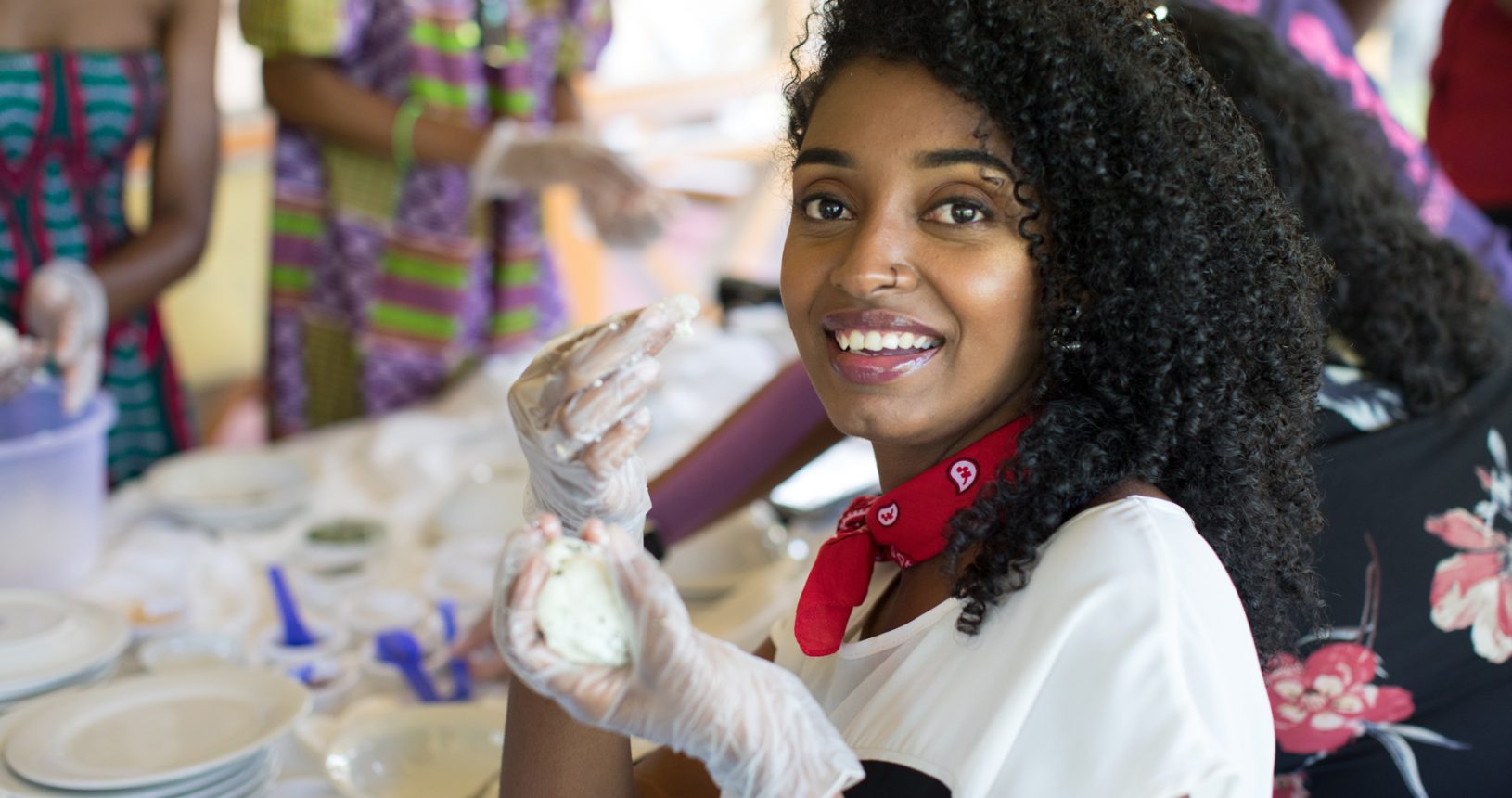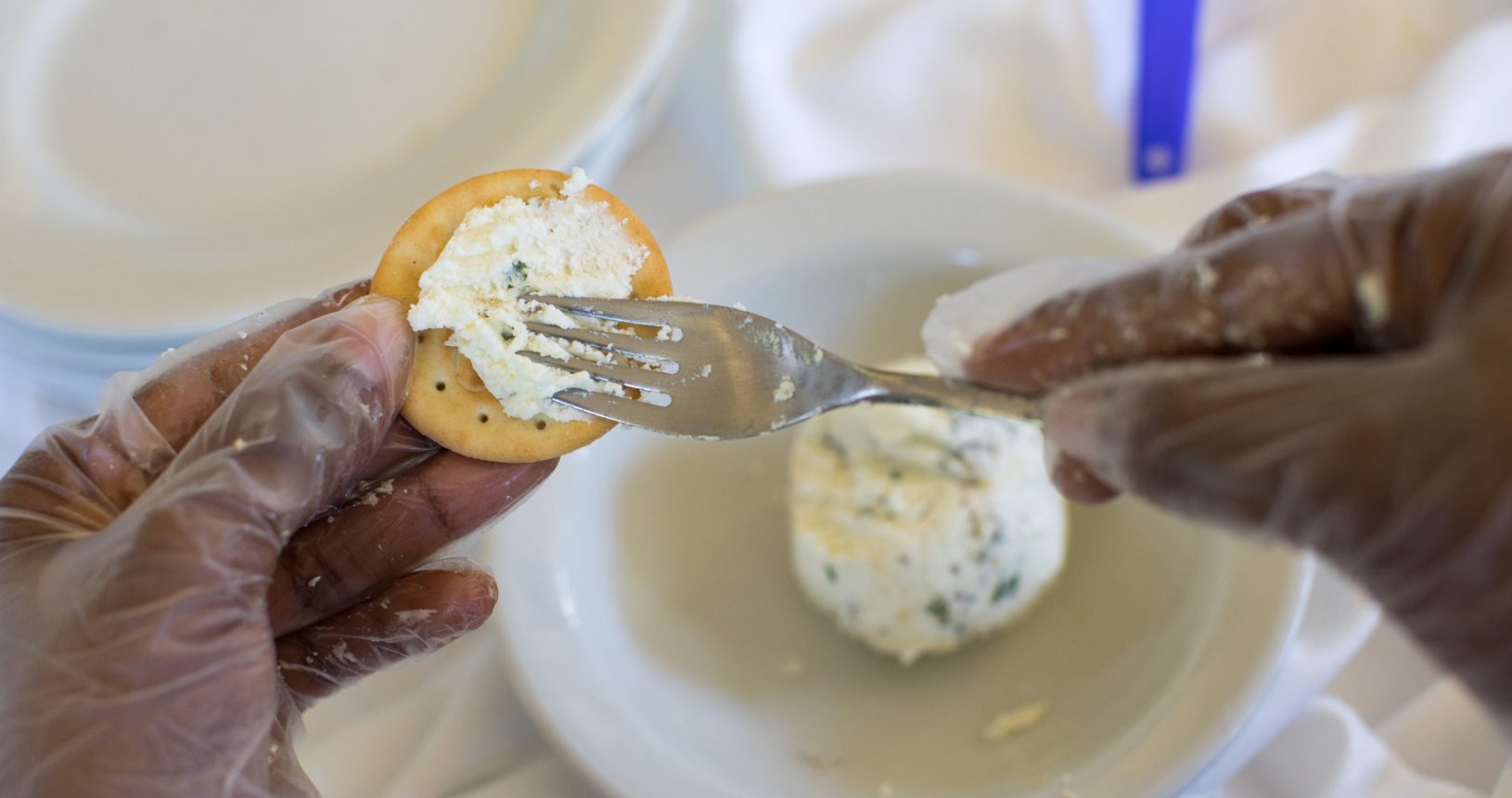Goat Dairy
The story of our goat dairy is a beautiful one. Belmont Estate was just rising out of the devastation of Hurricane Ivan, when Shadel was approached by Ms. Christine Curry, former director of development at St. Georges University School of Veterinary Medicine, and an avid animal enthusiast, who pitched to Shadel the concept of the Grenada Goat Dairy Project as a viable rural project that Belmont Estate could support.
Shadel connected with Christine because of their shared passion, love for Grenada, commitment to excellence, and collective desire to contribute to the rural community and the farming sector. In addition, goat cheese was a novel product worth exploring, and it would be the first of its kind in Grenada. The fact that goat farming is a sustainable type of animal husbandry that could contribute to climate resilience, food security and economic development, made this project incredibly sweet.
So in 2007, Christine Curry, and her business co-founder, chief engineer and contractor, Mr. Jim Aronson, established The Goat Dairy Project at Belmont Estate. The business was established as a non-profit business that would train farmers in goat husbandry, with a focus on good nutrition, to ensure high-quality milk. Once farmers were established with their goat farms, The Goat Dairy would purchase milk for making into cheese. The model has worked successfully, being a win-win for both farmers and the Goat Dairy Project.
And what delicious chèvre is made! The cheese has developed a reputation of being premium quality and distinctly appreciated by customers. In addition, the goats contribute to soil health and plant nutrition, as the animal manure produced by the goats makes nutrient-dense compost for our gardens. Moreover, the goat dairy allows us to further fulfill the United Nation's sustainable development goals, which we wholeheartedly embrace of Belmont Estate.
Years later, Christine made the decision to return to the US and asked Shadel and the Belmont Estate family to take over the operations of the Goat Dairy. Christine continues to act as a Consultant for the Goat Dairy and occasionally returns to Grenada for improvement projects and training of staff and local farmers. She has continued to provide technical assistance to the project when needed. Today, the Goat Dairy is part of Belmont Estate’s farm tour where guests learn how to properly care for goats and make goat cheese—a must try when you visit! Schools take field trips to the Goat Dairy and children are given the chance to feed some of the adult and kids goats with fodder. Belmont Estate continues to support farmers in dairy farming.
Cheese Making Process
DAY 1
Our goat carers delicately milk the goats and carefully carry the goat’s milk from the goat house to the dairy room.
There, the milk is filtered and pasteurized according to national and international FDA requirements. We use a low-temperature process. The milk is cooled according to our recipe and specific bacterial cultures are added, along with a vegetable rennet. We use a microbial rennet to coagulate the milk protein. The mixture of milk, culture and rennet ripens for 18-20 hours, resulting in the formation of curds and whey.
DAY 2
The soft curd is scooped and placed into strainers. The whey (the liquid part of the cheese) drains from the curd. The curds continue to drain for 20-24 hours. The whey is fed to farm animals and crops and is used by bodybuilders as well—a nutritional treat!
DAY 3
The drained curd is salted, and hand formed into pure, plain and pre-seasoned blended logs that are vacuum sealed. We produce four kinds of cheese—plain, garlic and chives, Italian and cracked pepper. We even make a special dessert, a blend of our goat’s cheese and organic chocolate, that we call “Chocolate Delight.”
After packaging, we chill, label and prepare the goat’s cheese for use at our restaurants at Belmont Estate and Grenville or for sale to retail outlets and local restaurants.
